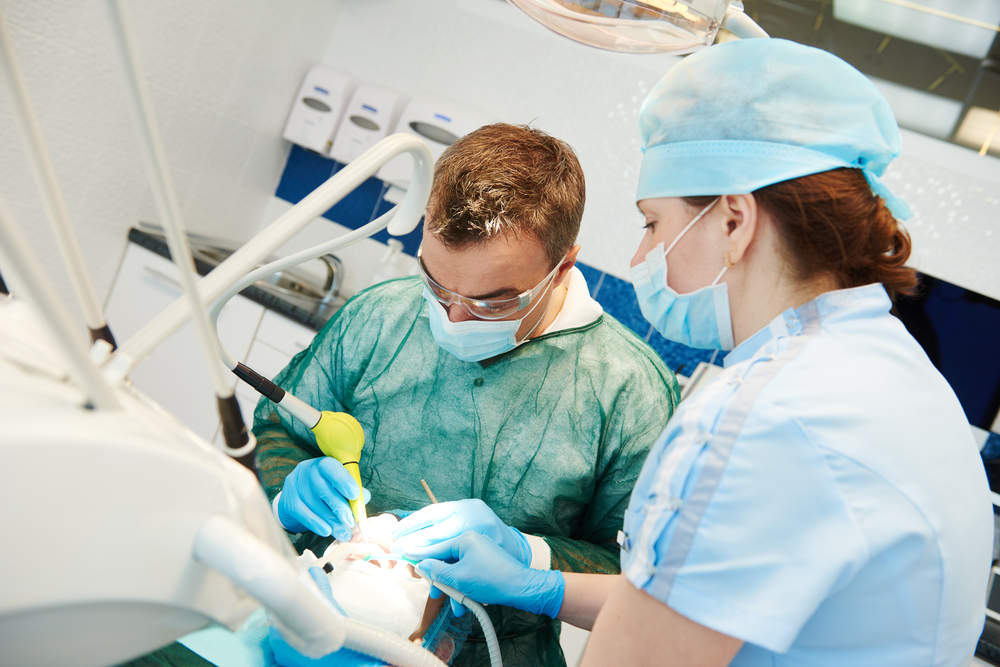Dental health is crucial to our overall well-being, but emergencies can catch us off guard. From unexpected pain to sudden trauma, understanding when to seek immediate care can make a difference in preserving your smile. Emergency dentistry ensures that urgent issues are addressed promptly, preventing complications and reducing discomfort. This article explores common scenarios where immediate dental attention is necessary, with a focus on dental injuries in sports, severe pain, and other pressing situations.
What Is Emergency Dentistry?
Emergency dentistry involves addressing urgent oral health issues that require prompt attention to alleviate pain, treat trauma, or prevent worsening conditions. Unlike routine dental care, emergency dentistry is available to manage situations like knocked-out teeth, severe infections, or significant bleeding. Recognizing these scenarios and acting quickly can protect both your teeth and overall health.
Key Signs You Need Immediate Dental Help
1. Knocked-Out Teeth (Avulsions)
A knocked-out tooth is one of the most common dental emergencies, particularly in children and athletes. If this happens:
– Pick up the tooth by the crown (the top part), avoiding the roots.
– Rinse it gently with water if it’s dirty but don’t scrub.
– Attempt to place the tooth back in its socket, if possible. Otherwise, store it in milk or saliva.
– Seek emergency dentistry immediately. Acting within 30 minutes significantly increases the chances of saving the tooth.
2. Cracked or Chipped Teeth
A cracked or chipped tooth may not always cause pain, but it’s vital to seek help promptly. These injuries can lead to infections or further damage if ignored. While waiting for your appointment, rinse your mouth with warm water and avoid chewing on the affected side.
3. Severe Tooth Pain or Sensitivity
Persistent or intense tooth pain can indicate underlying issues such as:
– Tooth decay or cavities.
– Abscesses or infections, which may cause swelling, fever, or foul-tasting discharge.
– Gum disease or exposed roots.
These conditions won’t resolve on their own. Emergency dentistry is crucial to diagnose and treat the problem before it worsens.
4. Dental Injuries in SportsSports-related dental injuries are a major concern, especially for those participating in contact or high-impact activities like football, basketball, or skateboarding. Common sports-related injuries include:
– Broken teeth.
– Lip, cheek, or tongue lacerations.
– Jaw fractures.
Wearing a custom-fitted mouthguard significantly reduces the risk of dental injuries in sports. However, accidents can still happen. If you or your child experiences trauma during sports, prioritize emergency dental care to evaluate and treat the injury effectively.
5. Bleeding That Won’t Stop
Excessive or prolonged bleeding in the mouth, whether from an injury or after a dental procedure, should never be ignored. It could indicate a more severe issue, such as a torn blood vessel or a clotting disorder. Emergency dentists can control the bleeding and ensure there’s no underlying damage.
6. Loose or Dislodged Fillings, Crowns, or Braces
A lost filling or crown may not seem urgent but can leave your tooth exposed and vulnerable to further decay or sensitivity. Similarly, dislodged orthodontic wires or brackets can cause discomfort and even injure your gums or cheeks. Seeking immediate care prevents complications and restores comfort.
How Emergency Dentistry Addresses Critical Issues
Emergency dentists are equipped to handle a wide range of urgent problems. Their expertise ensures:
– Quick pain relief through medications or procedures.
– Restoration of damaged teeth using crowns, fillings, or other methods.
– Treatment of infections with antibiotics or drainage.
– Repair of soft tissue injuries, like cuts or punctures in the mouth.
Emergency dentistry prioritizes preserving natural teeth whenever possible while addressing immediate concerns effectively.
Preventing Dental Emergencies
While some emergencies are unavoidable, there are steps you can take to reduce the risk of dental issues:
1. Use Protective Gear: Wear a mouthguard during sports or physical activities.
2. Maintain Good Oral Hygiene: Brush twice daily, floss, and visit your dentist regularly to prevent decay and gum disease.
3. Avoid Chewing Hard Objects: Stay away from ice, hard candies, and other items that can crack your teeth.
4. Be Mindful of Habits: Nail-biting, pencil-chewing, or using your teeth as tools can lead to damage over time.
What to Do in a Dental Emergency
If you encounter a dental emergency:
Stay calm and assess the situation.
2. For injuries, stop any bleeding by applying gentle pressure with a clean cloth.
3. Store knocked-out teeth or fragments properly.
4. Contact an emergency dentistry provider immediately.
Having your dentist’s emergency contact information readily available can save precious time in critical situations.
Understanding when to seek immediate help for dental problems is essential for protecting your oral health and overall well-being. From managing dental injuries in sports to addressing severe pain, timely intervention is key to preventing complications and preserving your smile. Emergency dentistry provides the expertise and care needed to resolve urgent issues and restore comfort. By staying informed and prepared, you can face dental emergencies with confidence and ensure the best outcomes for your oral health.

